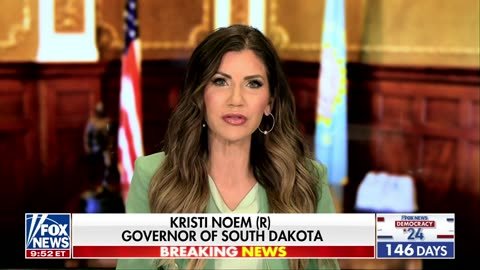The meeting is occurring during a period of increasing dissatisfaction with the Western-led world order due to escalating disagreements regarding the Russian war in Ukraine, efforts to combat climate change, and the global economic system.
During the opening of the summit, Cuban President Miguel Diaz-Canel expressed the belief that the time has come for the South to alter the established rules of the game, which have long been shaped by the interests of the North.
According to Diaz-Canel, developing countries are currently facing a “multidimensional crisis” in the global landscape. This crisis encompasses various challenges, ranging from unfair trade practices to the pressing issue of global warming.
The two-day summit in Havana will be attended by United Nations chief Antonio Guterres, along with approximately 30 heads of state and government from Africa, Asia, and Latin America.
During the commencement of the meeting, he emphasized the importance of creating a global environment that better reflects and addresses the concerns of developing economies. He highlighted that these nations are currently facing multiple challenges on a global scale.
The bloc, which was formed in 1964, consists of 77 countries from the global South. Its primary purpose, as stated on the group’s website, is to effectively express and advance their shared economic interests, as well as strengthen their collective ability to negotiate.
Currently, the organization has a total of 134 members. It is worth noting that the website includes China in the list of members, despite the fact that China itself has stated that it does not hold full membership status within the organization.
In January, Cuba assumed the responsibility of the rotating presidency.
The summit was attended by several Latin American leaders, including Nicolas Maduro from Venezuela, Gustavo Petro from Colombia, and Alberto Fernandez from Argentina. They were joined by other prominent figures such as Mahmoud Abbas, the Palestinian leader, Joao Lourenco from Angola, and Filipe Nyusi, the President of Mozambique.
On Friday night, Brazilian President Luiz Inacio Lula da Silva is scheduled to arrive.
China, under the leadership of Li Xi, a prominent Communist Party official, has expressed its commitment to prioritizing South-South cooperation in its international engagements.
According to the foreign minister of Cuba, Bruno Rodriguez, the meeting is expected to end on Saturday with a statement emphasizing the importance of “the right to development” within the context of a global order that is becoming more exclusive, unfair, unjust, and exploitative.
The speaker mentioned that the closing statement draft emphasizes the numerous challenges that developing nations encounter. Additionally, it includes a proposal for the creation of a fresh global economic system.
Recently, Guterres has been actively participating in various multilateral summits. Notably, he attended a meeting of the G20, which is a group consisting of major economies, held in India. Additionally, he also took part in a gathering of the BRICS group, which includes Russia.
In anticipation of the upcoming Havana meeting, Guterres expressed his perspective on the significance of multiple summits, stating that they are indicative of the increasing multipolarity of our world.
The individual issued a cautionary statement, expressing concern that the presence of multiple poles of power in the world could potentially contribute to an increase in geostrategic tensions, ultimately leading to unfortunate and devastating outcomes.
The G77 meeting is taking place following significant shifts within global blocs.
The African Union has recently become a member of the G20, a prestigious group consisting of the world’s most influential economies. Additionally, the BRICS trade group, which comprises Brazil, Russia, India, China, and South Africa, has undergone an expansion by welcoming six new members into its fold.
According to an analyst interviewed by AFP, the Cuban government’s reception of world leaders holds significance as it signifies recognition, despite the country currently facing its most severe economic crisis in three decades.
According to Arturo Lopez-Levy, a Cuban international relations expert and visiting professor at the Autonomous University of Madrid, Cuba has been acknowledged as a legitimate participant in discussions, despite the challenges it currently faces.
The island, which is ruled by a communist government, continues to be subjected to economic restrictions imposed by the United States since 1962.
In recent months, Diaz-Canel has taken on the role of representing the G77+China at various international meetings. This includes his participation in a global financial summit held in Paris in June, as well as an EU meeting in July that involved Latin American and Caribbean https://youtu.be/w6qY6BMvOBc?si=-4SCCNkMuYTT0xN8


